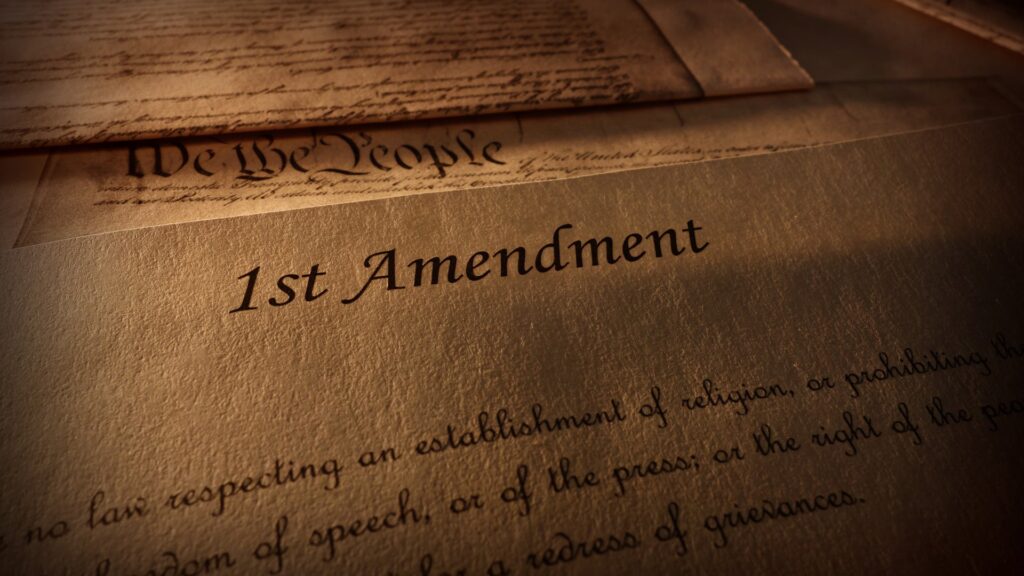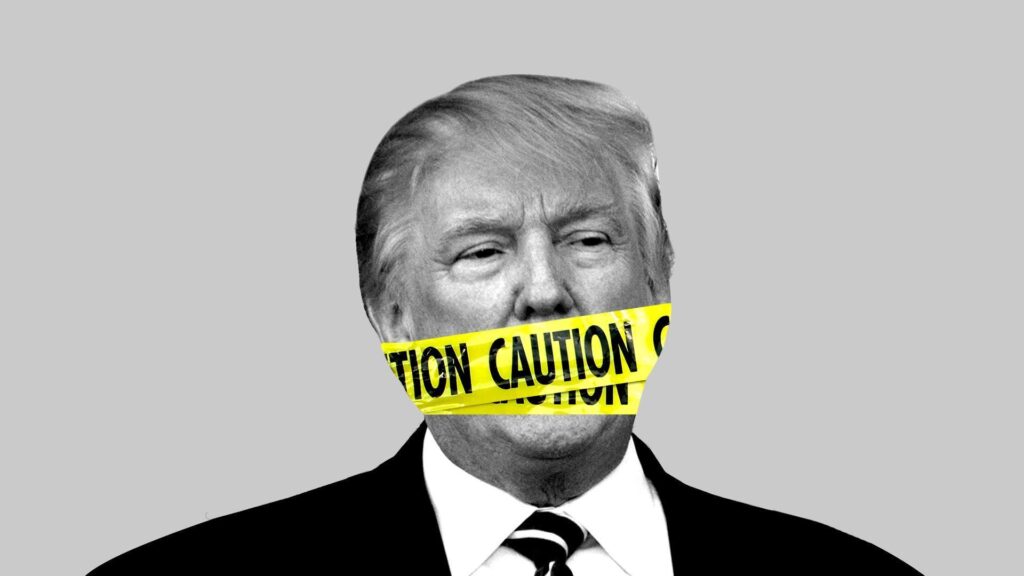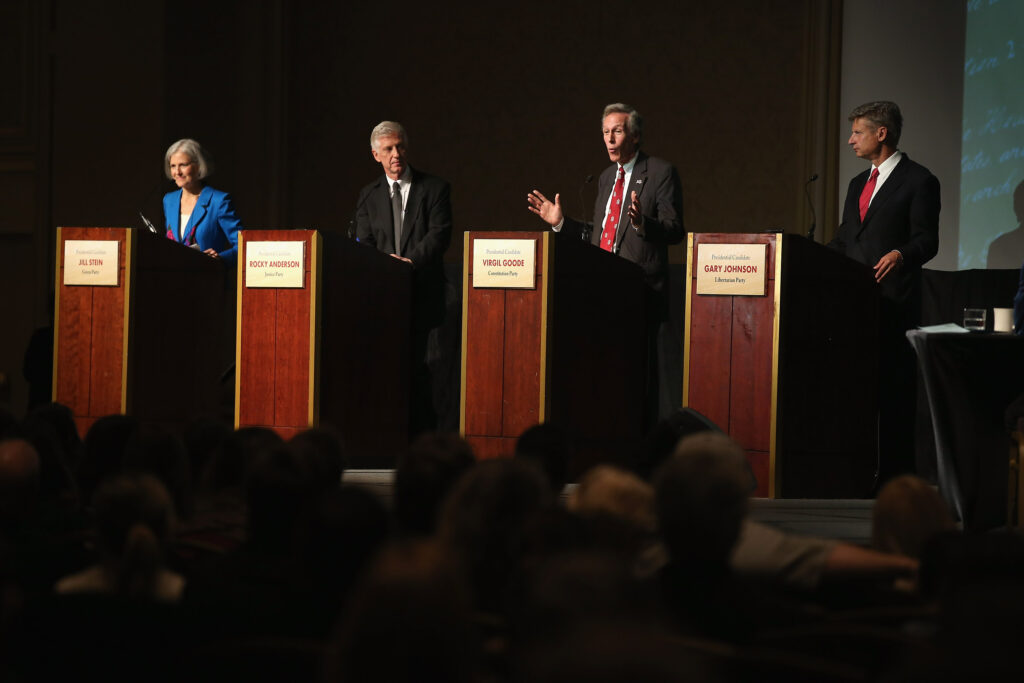Table of Contents
Analysis of Trump’s Opposition to Request to Limit His Comments on Election Case
Donald Trump’s opposition to the request from Special Counsel Jack Smith to limit his public comments about the federal court case accusing him of attempting to subvert the results of the 2020 presidential election raises a number of important legal and ethical questions.
On the one hand, Trump has a First Amendment right to free speech, and any restrictions on that right must be carefully tailored to serve a compelling government interest. In this case, the government argues that it has a compelling interest in protecting the integrity of the judicial process and ensuring that potential jurors are not prejudiced by Trump’s public statements.
On the other hand, Trump’s opponents argue that he has a history of using his public statements to intimidate witnesses and influence the outcome of judicial proceedings. They also argue that Trump’s continued false claims about the 2020 election pose a threat to democracy itself.
It is important to note that Trump has not been convicted of any crimes, and he is presumed innocent until proven guilty. However, the fact that Trump is running for president in 2024 adds an additional layer of complexity to the issue.
If the court grants Smith’s request, it would be a significant restriction on Trump’s ability to communicate with his supporters and the public. However, if the court denies Smith’s request, it could create the appearance that Trump is being given special treatment because of his political status.
The court will need to carefully weigh all of these factors before making a decision.
A Closer Look at the First Amendment

The First Amendment to the United States Constitution guarantees the right to free speech. This right is not absolute, however, and it can be limited when there is a compelling government interest.
In the case of Trump’s public comments about his election case, the government argues that it has a compelling interest in protecting the integrity of the judicial process and ensuring that potential jurors are not prejudiced. The government also argues that Trump’s continued false claims about the 2020 election pose a threat to democracy itself.
Trump’s lawyers argue that any restrictions on his free speech would be unconstitutional. They also argue that the government’s request is a politically motivated attempt to silence Trump, who is a leading critic of President Biden.
The History of Gag Orders

Gag orders are court orders that restrict a person’s ability to speak publicly about a case. Gag Orders are typically used to prevent witnesses from tampering with evidence or influencing other witnesses.
Gag orders can also be used to prevent defendants from making statements that could prejudice potential jurors. However, gag orders on defendants are rare, and they are usually only granted in cases where the defendant has a history of making inflammatory statements.
The Potential Impact of a Gag Order on Trump’s Campaign

If the court grants Smith’s request for a gag order, it would have a significant impact on Trump’s ability to campaign for president. Trump is a very active communicator, and he uses his public statements to connect with his supporters and attack his opponents.
A gag order would prevent Trump from discussing his case in public, and it would also make it difficult for him to criticize the government or his political opponents. This could put Trump at a significant disadvantage in the 2024 election.
Conclusion
The court’s decision on Smith’s request for a gag order will have important implications for both Trump and the First Amendment. If the court grants the request, it will be a significant restriction on Trump’s free speech. However, if the court denies the request, it could create the appearance that Trump is being given special treatment because of his political status.
The court will need to carefully weigh all of these factors before making a decision.



